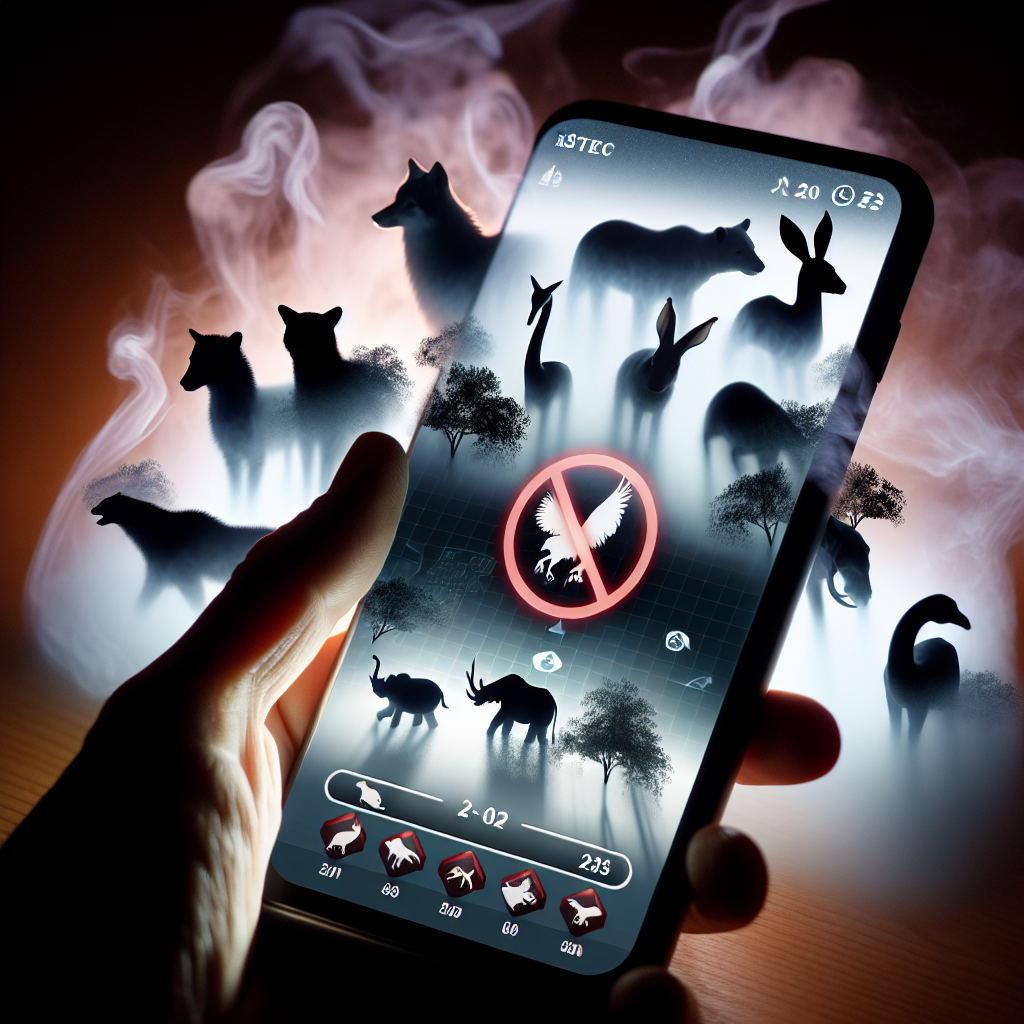PETA Criticizes Mobile Legends for Depictions of Animals in Game
In recent developments, the People for the Ethical Treatment of Animals (PETA) has turned its attention towards the popular mobile game, Mobile Legends: Bang Bang. The organization has raised concerns over the representation and depiction of animals within the game, urging both the developers and the gaming community to reconsider certain aspects of the gameplay that involve animals. As the debate unfolds, this article seeks to explore the details surrounding this controversy, its impact, and what it could mean for the gaming industry.
Understanding the Controversy
What is Mobile Legends?
Mobile Legends: Bang Bang, launched by Moonton Games, is a highly popular multiplayer online battle arena (MOBA) game. With millions of active players worldwide, the game is a hit in the esports arena. Players engage in 5v5 battles, strategically deploying heroes with unique skills and abilities to achieve victory.
PETA’s Concerns
PETA, an organization renowned for advocating animal rights, has criticized Mobile Legends for portraying animals in ways they consider unethical. Their primary concern lies in the portrayal of animals as battle pets or adversaries, inherently promoting violence against animals. PETA argues that while the digital realm is fictional, the normalization of using animals for combat can desensitize players to real-world animal cruelty.
PETA’s Stance on Digital Depictions of Animals
Historical Context
PETA is no stranger to addressing digital content. The organization has previously critiqued various video games, including classics such as Pokémon and Super Mario, for their portrayal of animals. Their stance is rooted in the belief that even virtual depictions can influence perceptions and behavior towards real animals.
Key Arguments
-
Desensitization: PETA emphasizes that consistent engagement with games that glorify battling animals could desensitize players, particularly younger audiences, to real-life animal rights issues.
-
Glorification of Violence: By making animals appear as formidable opponents or tools of war, these games can inadvertently glorify acts of violence against animals.
- Lack of Awareness: The organization believes that many players are unaware of the underlying messages these animal depictions could convey, and this lack of awareness perpetuates a cycle of normalized violence.
The Impact on the Gaming Community
Player Reactions
The gaming community’s response to PETA’s criticisms has been mixed. While some players appreciate the call for more ethical considerations in game design, others argue that the criticisms are an overreach, particularly given the fictional nature of the games.
Developer Responses
Moonton Games has yet to issue a comprehensive statement in response to PETA’s concerns. However, the situation raises questions about the potential for future changes in the gaming industry regarding how animals are depicted.
Potential Changes
If the pressure from PETA and similar organizations continues, developers might be compelled to:
- Reevaluate the roles of animals in games.
- Implement alternative gameplay mechanics that promote animal welfare.
- Incorporate educational elements about animal rights within the game itself.
Ethical Gaming Practices
Incorporating Animal Rights in Game Design
As the gaming industry evolves, incorporating ethical considerations, including animal rights, could become a standard practice. Developers might explore these options:
- Creating games that promote empathy and conservation efforts for animals.
- Collaborating with animal rights organizations to ensure ethical depictions.
- Encouraging players to engage with real-world animal welfare initiatives.
Education through Gaming
Games have the potential to serve as powerful educational tools. By presenting animal interaction in thoughtful ways, they can foster respect and empathy for all living creatures.
Conclusion
As PETA’s critique of Mobile Legends highlights, the intersection of gaming and ethical considerations is becoming increasingly prominent. While some view the criticism as an invitation to improve, others see it as stifling creativity. However, it is undeniable that discussions like these propel the industry towards greater awareness and responsibility. The debate regarding animal depiction in games underscores the importance of balancing entertainment with ethical accountability, ultimately shaping the future of gaming in a digital age.
As players and developers navigate these complexities, one thing remains clear: the opportunity to innovate and create games that are both engaging and ethically sound has never been more present. The challenge lies in embracing this potential to craft experiences that are both entertaining and conscientious.


